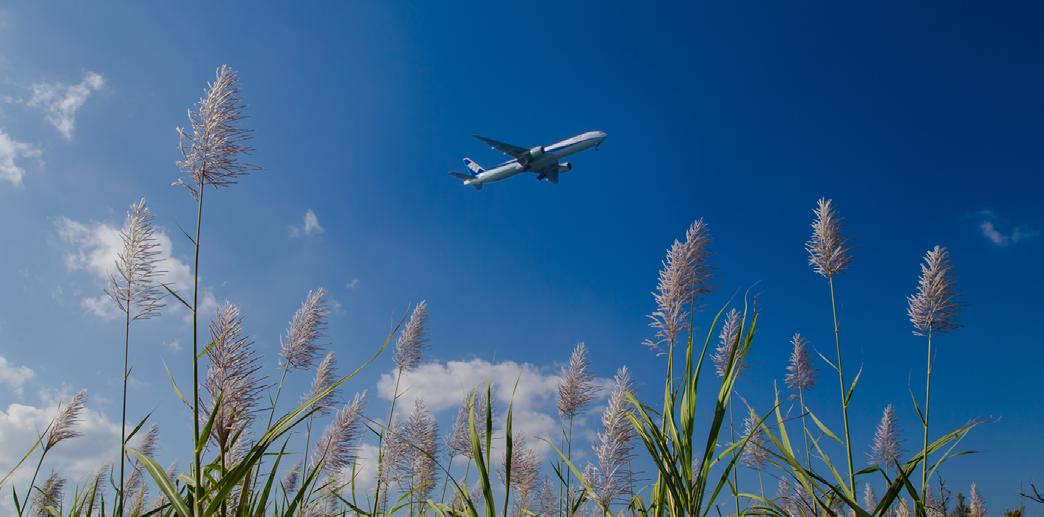
2 minute read
FUELLING THE FUTURE OF AUSSIE AIR TRAVEL
Queensland is one step closer to becoming Australia’s sustainable aviation fuel (SAF) hub and the sugarcane industry is perfectly placed to provide the feedstock that powers the nation’s jets.
Ampol Australia, Japanese energy giant ENEOS and the Queensland Government will complete a feasibility study for an advanced biofuels manufacturing plant in Brisbane, just an hour from the cane fields of Rocky Point.
Advertisement
Under a memorandum of understanding signed with the Palaszczuk Government on 23 March, the companies will assess the feasibility of delivering the project at Ampol’s Lytton refinery site, with the capacity to generate up to 500 million litres of SAF and renewable diesel a year.
It’s an exciting project that has the capacity to put Queensland at the forefront of a clean jet fuel market in Australia.
Initial work on the project will include looking at potential feedstock sources and how existing refinery infrastructure can be leveraged for use in domestic and export markets.
CANEGROWERS CEO Dan Galligan said the cane industry was ready and willing to tap into the potential market.
“The sugarcane plant is one of the best natural sources for transforming into renewable energy and biofuels for heavy transport and aviation and its readily available in Queensland.” Sustainable fuel is one of the strongest tools available to airlines to reduce emissions, but it is not currently being produced in Australia at commercial scale.
SAF can be used in existing aircraft engines to cut carbon emissions by up to 80%.










